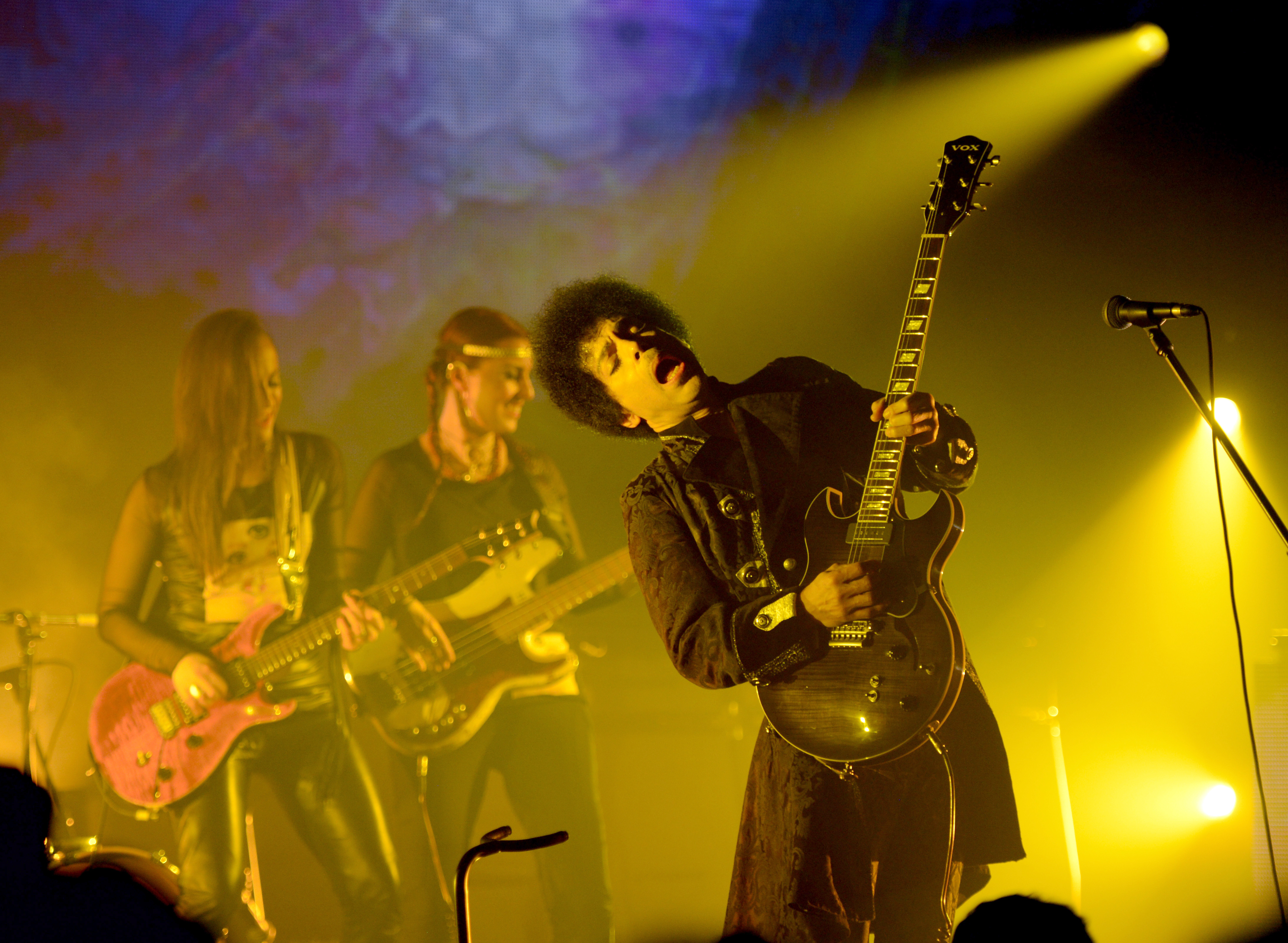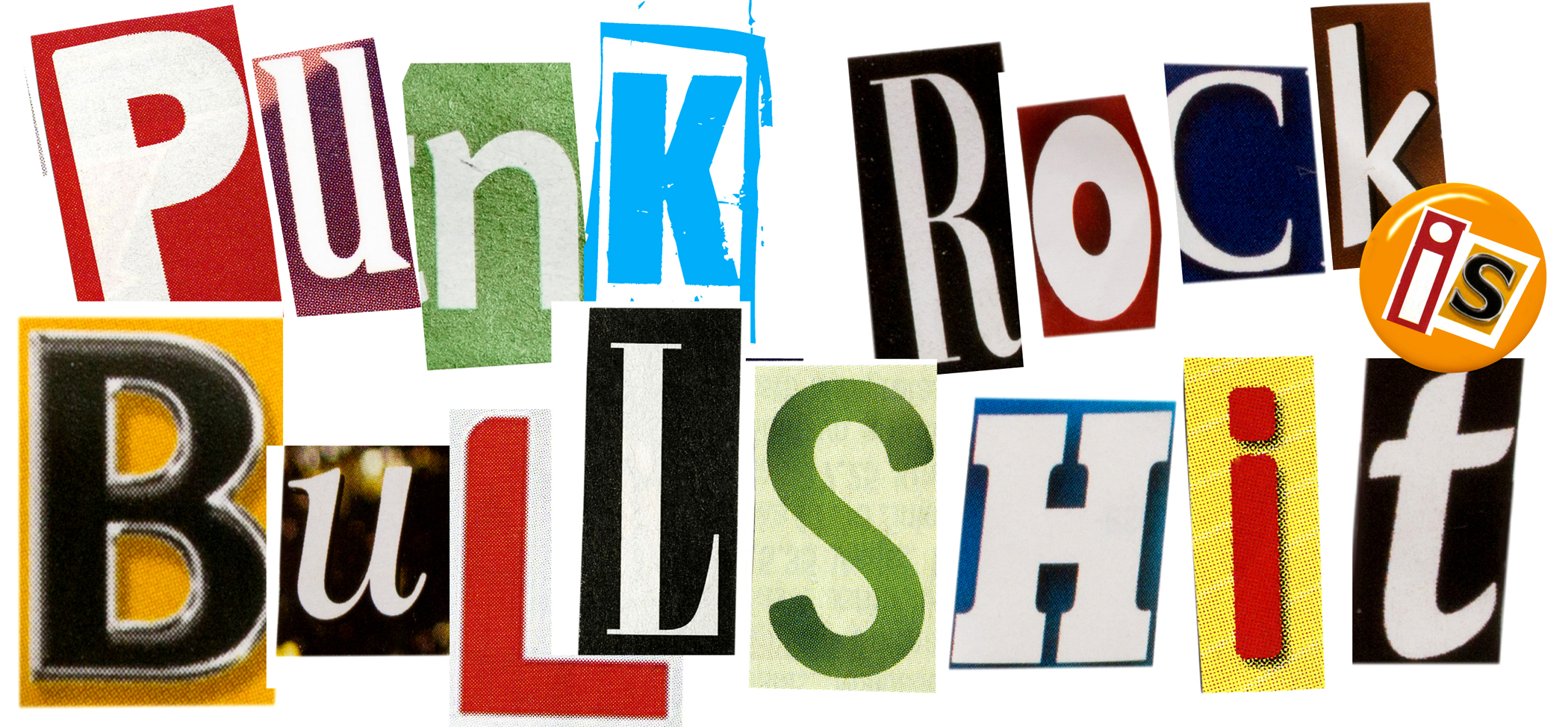Do Seattle’s higher-learning schools do much to truly support the arts and/or music in Seattle and/or the world?
—Anonymous
Roderick: My exposure to the music programs at local universities is fairly limited. I mean, I met dozens of Cornish “jazzbos” at after-hours hip-hop clubs back when you couldn’t go into a party in this town without someone rapping about “integrity” over a stand-up-bass solo, but that scene never made the daylight. I tried to take some music classes at UW, but they were all reserved for music majors, so my music education there came from listening to people practice vocal scales while I played stoned Frisbee on the quad.
Periodically I meet someone who studied music at a local college and now gigs out, but they’re the exception rather than the rule. Most Seattle musicians I know learned to play their instrument the old-fashioned way: by sucking at it and claiming that their suckiness was actually art.
Why the so-serious tone in much of Seattle’s music? And then on the other side, why when it’s not serious, it’s just ironic?
—Anonymous
Seattle is a songwriter’s town rather than a musician’s town, which means the focus is on individual “geniuses” rather than chops or jams. This alone doesn’t mean it has to be so deadly serious—there are some great songwriters who write happy, or at least merry, music—but Seattle was profoundly influenced by two factors: the Scandinavian conviction that celebration is unseemly, and the punk-rock belief that raw emotion is the source of unvarnished truth.
These two unfortunate misconceptions combined in Seattle to make a culture where multiple generations of kids whimper about the time their babysitter almost touched their pee-pee, while dozens of other kids smirk and/or weep. This has been so ingrained that the only way for kids to have fun is by pretending that “fun-having” is a massive art prank.
Why do Seattle folks—specifically, much of Seattle press/radio—seemingly go overboard in their praise over the most mediocre musical acts, specifically local music? I get that supporting local music is essential, but is there anything wrong with criticism?
—Anonymous
I remember back in the late ’80s, when I was just starting out, hating yuppies so much. They were such bores, always boasting about how much better their music was and sneering that our protests and rock festivals would never compare to their stupid old Vietnam Woodstock. Even if they were mostly right, I hated their smugness, and I wasn’t alone. I like to think the whole grunge era was just saying “Here’s your Vietnam Woodstock, assholes—we just combined the sounds of both.”
Nowadays the rock scene is full of fresh-faced young people in thin T-shirts, all waving their praise-hands in the air and giving backrubs and all that shit. Most of the older rock people I know are confused and disgusted by these displays. “Who are all these shitty folk bands and why do they moon over each other with big, dumb cow eyes?”
The answer may be that you, sir, are a rock dinosaur. Young bands may not have any new musical ideas, but their “scene” is supportive and inclusive and vaguely “Christian” expressly to irritate and annoy all fat, grey dudes in dandruffy leather car coats clutching Jazzmasters and wondering where the negativity went.
Relentless positivity might be the new fuck-you.








